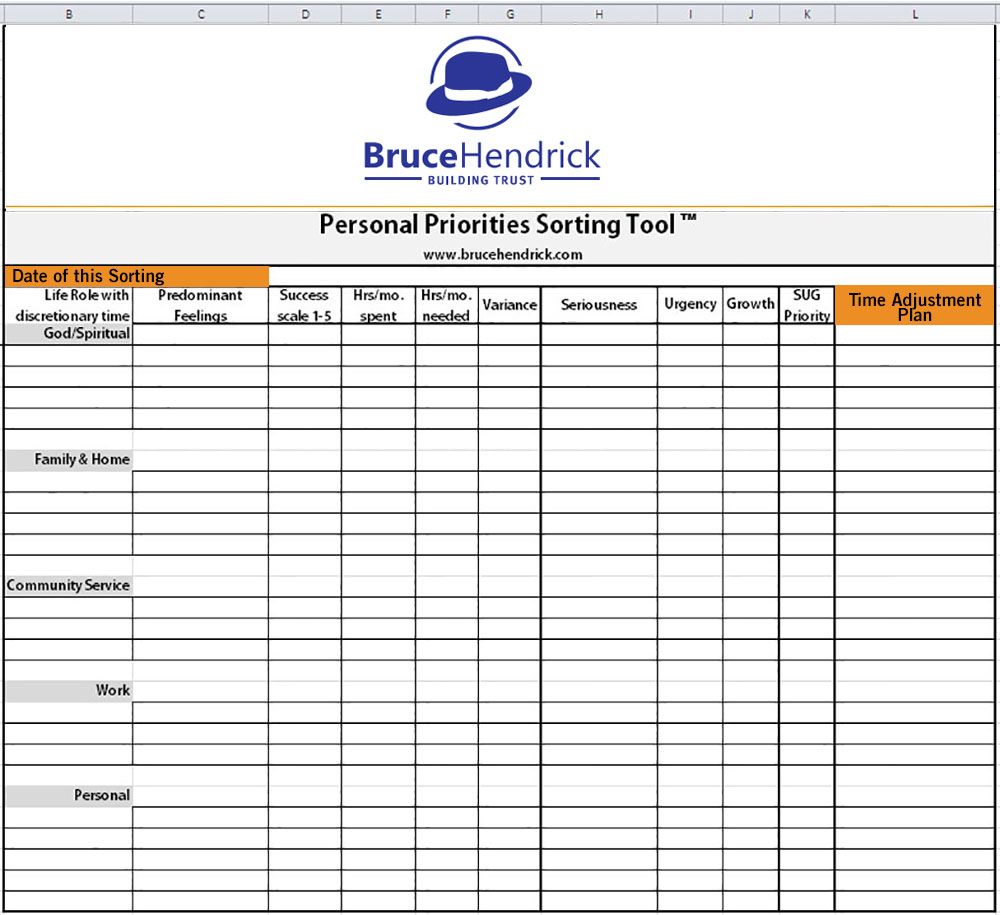Overcoming Superman (or Wonder Woman) Part 1 of 2
Dear Sure ,
I’m not going to answer your question.
There. I’ve just demonstrated how easy it is. You can say ‘no’, it’s just that too often you don’t say ‘no.’
Let me elaborate since, um, this probably didn’t solve the problem. But let’s acknowledge that you are actively making a choice to say ‘yes’ when you really want to say ‘no.’ This is a blog on communications and trust, after all – and we must be conscious of our behaviors if we expect to change them.
Take comfort! This issue is so common among us humans that some experts describe it as Superman Syndrome. It’s a condition that leads many of us to push ourselves well beyond our limits, most typically in the service of others, avoiding conflict along the way. Pastors , nurses, law enforcement, managers, moms, you name it. We find these people everywhere, in all walks of life. They’re the people who get loaded up with stuff because they get it done – usually without much complaint or fanfare.
Sure , I don’t want to dodge the root cause of your issue which may very well have psychological underpinnings that I’m frankly not qualified to address. I do want to help you deal with the practical aspects of your question. (Note: this is a classic example of a contrasting statement that helps people to quickly get on the same page.) I’ll assume here that you have broken free of the need to be a superhero and are now looking for ways to leave your cape behind.
There are two equally important elements that recovering superheroes must learn to master. The first is that since they will always be compelled to say ‘yes’, the trick then is to channel these ‘yeses’ into the most important areas of their lives. Even Superman knows enough about himself to fight crime; he leaves directing traffic to others. We must know what matters so that we can give ourselves to these areas wholeheartedly. Otherwise we may drift along, saying ’yes’ to reasonably attractive opportunities, and regretting it later.
The second element follows directly from the first: we now learn to say ‘no’ from within the context of our ‘yeses’ above. For example, instead of another unfortunate ‘yes’ or even a sheepish apologetic ‘no’, we might say, “I’d love to help you out in the afternoons but I really must stay focused on my daughter’s school sports.” Those who struggle with saying ‘no’ often discount or lose track of their other commitments. Saying ‘no’ by reinforcing our highest priorities is not only effective with others; it helps us stay focused on our core obligations, increasing our impact and sense of fulfillment in the process.
That sounds good, of course, but how do we do it? How do we claim our own time and make choices in sync with our highest priorities? It starts with knowing what they are.
A Building Trust Tool That Might Help
Since life is dynamic, our priorities can and do change over time. Every so often I reexamine my own priorities by filling out the grid below. I call it the Building Trust Personal Priorities Sorting Tool (available for use here.)

You will note in the above example that I have used significant life roles for a more global, holistic approach to managing my time. The same process can be used in a work setting to examine all the roles and duties (or “hats” that one wears) that sometimes contribute to stress, over commitment and burn-out at the workplace. Since work environments can be particularly challenging to say ‘no’ without sounding insubordinate, this tool can be even more powerful in a work setting when shared with a supervisor or manager.
In my next Building Trust blog post, I will delve into more detail on how this tool is used to give people the confidence they need not only to set personal priorities, but then to use them to set time boundaries constructively without offending.
So, Sure , I ask for your patience until my next post when I will fully answer your question. In the meantime, I encourage you to start practicing saying ‘no’ beginning now, especially in the areas of your life that you already know will not make it through our sorting process. Good luck and Part 2 will be coming soon.





